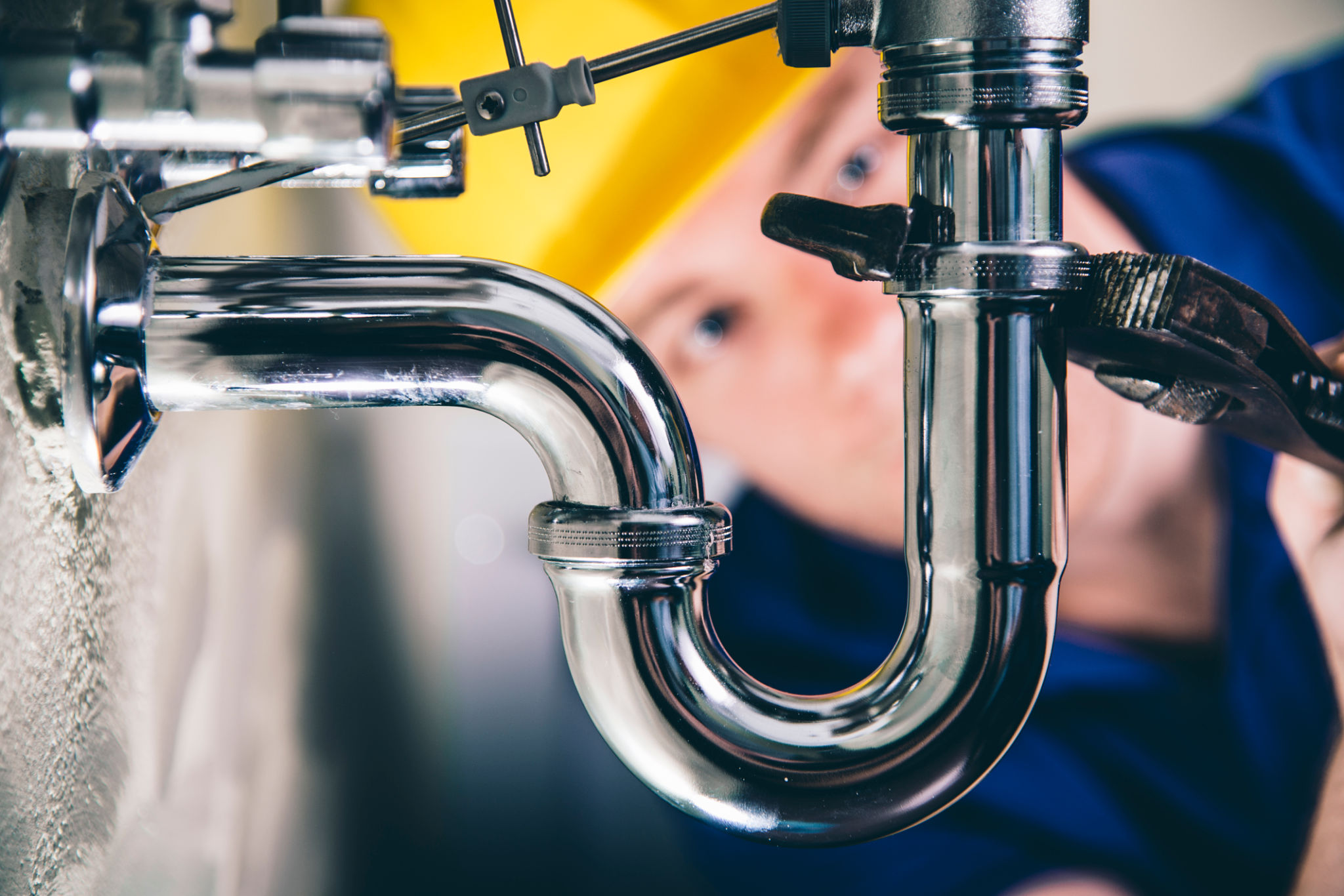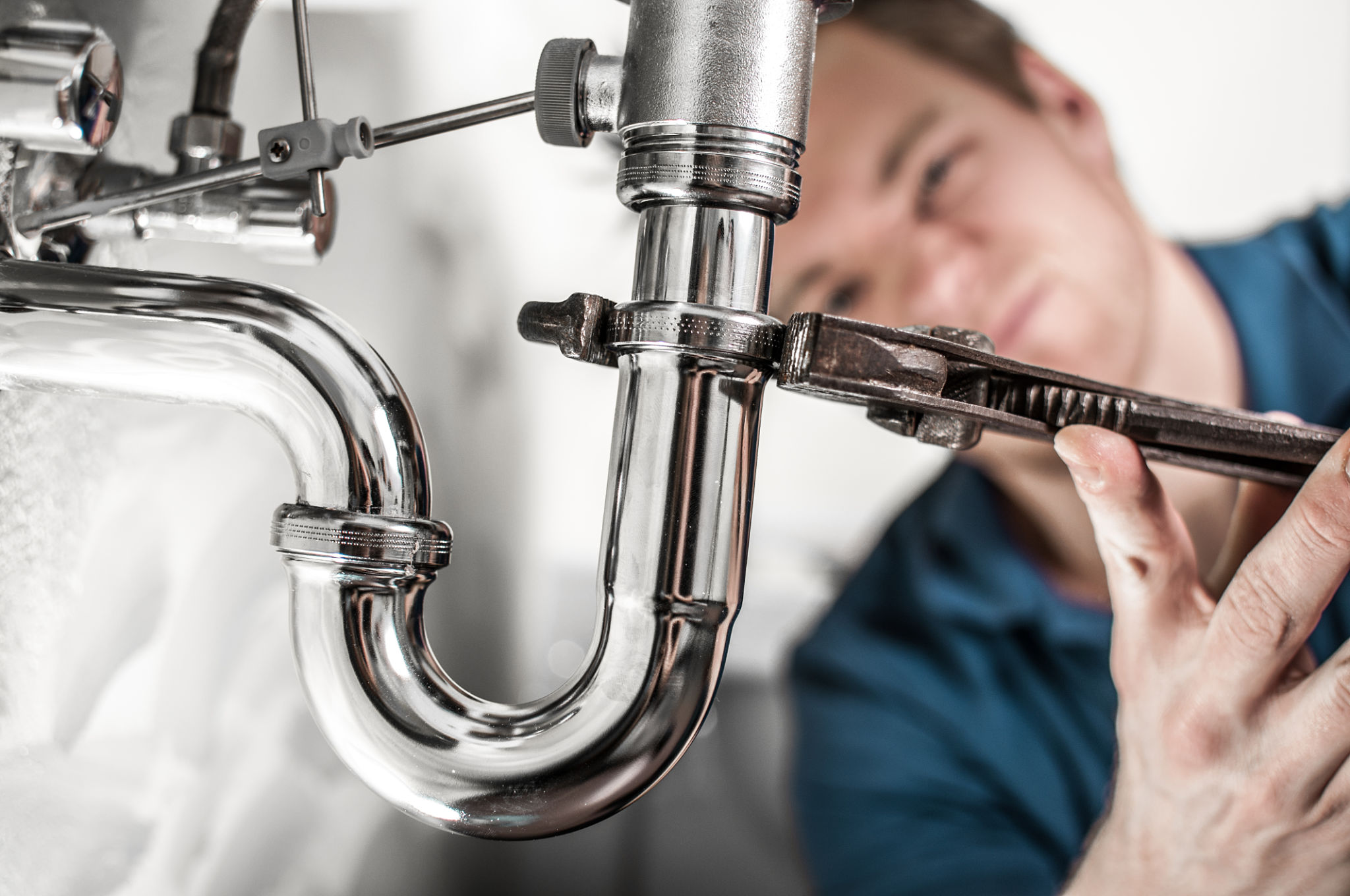Understanding Your Plumbing System: When to Schedule a Complete System Check
Understanding Your Plumbing System
Your plumbing system is a complex network of pipes, fixtures, and valves that work together to deliver clean water to your home and remove waste. Understanding how this system functions is crucial for maintaining its efficiency and longevity. Regular maintenance and checks can help prevent costly repairs and ensure the system operates smoothly.

Why Regular Plumbing Checks are Essential
Just like any other system in your home, your plumbing requires regular attention to maintain its functionality. Over time, pipes can degrade, fixtures can wear out, and leaks can develop. These issues can lead to significant problems if not addressed promptly. Regular plumbing checks help identify potential issues before they become major problems.
Furthermore, a well-maintained plumbing system can improve water efficiency and reduce utility bills. By catching leaks early and ensuring all components function correctly, you can save both water and money in the long run.
Signs You Need a Complete System Check
While regular maintenance is essential, there are certain indicators that suggest the need for a comprehensive system check:
- Frequent Clogs: If you experience clogs regularly, it may indicate a larger issue within your plumbing system.
- Low Water Pressure: Persistent low water pressure could be a sign of a hidden leak or blockage.
- Unpleasant Odors: Foul smells from drains or fixtures often point to sewer line issues.
- Unexplained Water Bills: A sudden increase in water bills without increased usage signals potential leaks.

What to Expect During a System Check
A complete plumbing system check involves a thorough inspection of all components, including pipes, faucets, toilets, and water heaters. A professional plumber will look for signs of wear, corrosion, and leaks. They may also use specialized tools, like cameras, to inspect hard-to-reach areas such as sewer lines.
The plumber will assess your system's overall health and provide recommendations for any necessary repairs or replacements. This proactive approach ensures that minor issues are addressed before they escalate into major problems.
Benefits of Professional Plumbing Inspections
While some homeowners might attempt DIY inspections, hiring a professional plumber offers numerous benefits. Professionals have the expertise and tools to identify issues that might go unnoticed by an untrained eye. They can provide accurate diagnoses and effective solutions tailored to your specific plumbing needs.

Moreover, professional inspections often include detailed reports that outline the condition of your plumbing system. These reports can be invaluable for tracking maintenance history and planning future repairs or upgrades.
How Often Should You Schedule a Check?
The frequency of plumbing checks depends on several factors, including the age of your home and the condition of your plumbing system. Generally, an annual inspection is recommended for most homes. However, older homes or properties with a history of plumbing issues may require more frequent checks.
Consult with a professional plumber to determine the best schedule for your specific situation. Regular communication with your plumber ensures that you stay informed about the condition of your plumbing system and any necessary maintenance or repairs.
Conclusion
Understanding and maintaining your plumbing system is essential for ensuring the comfort and safety of your home. Regular inspections help prevent costly repairs and extend the life of your plumbing infrastructure. By knowing when to schedule a complete system check and working with a professional plumber, you can keep your home's plumbing in top condition.
